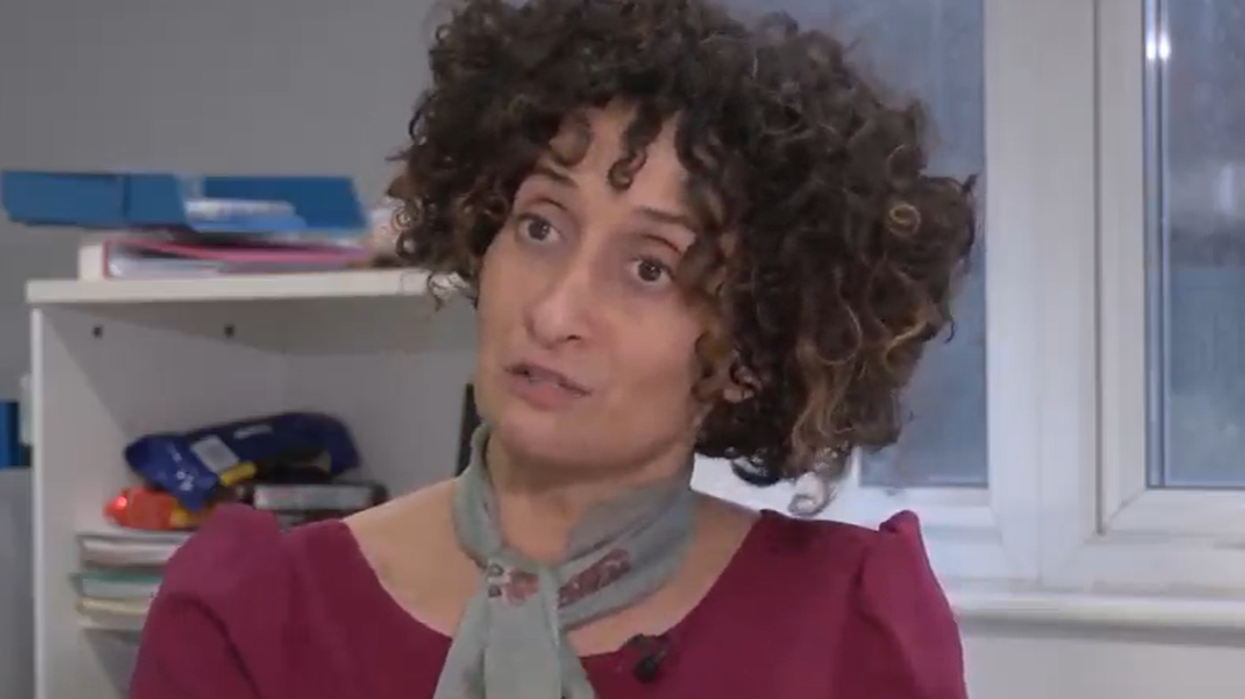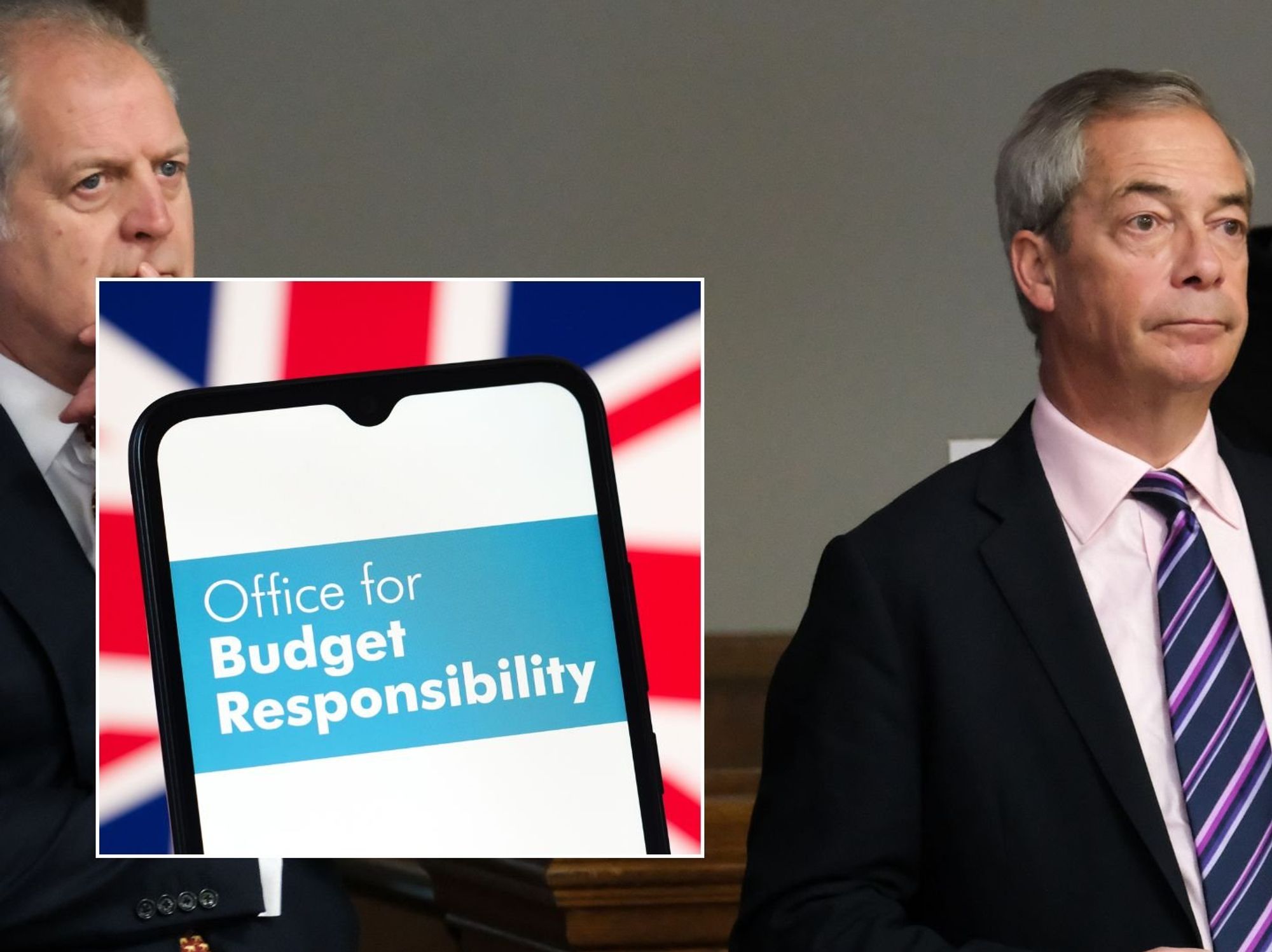'Katherine Birbalsingh won a battle but the war is still facing us all'

Katharine Birbalsingh, who refused to be bullied by an unruly mob | PA
Mark Littlewood gives his verdict on the victory of headteacher Katherine Birbalsingh
Don't Miss
Most Read
The Michaela school in Brent is something of a miracle.
Led by the brilliant, yet controversial, Katharine Birbalsingh, it has produced spectacular exam results and is oversubscribed with parents desperate to secure such a good education for their kids.
The school has a disciplinary code based on strict rules but also compromise between different pupils’ religious and cultural preferences. Birbalsingh has long been a hate figure for the progressive left.
She departs from the prevailing educational orthodoxy - which is a bad enough crime of itself in many eyes - but has also yielded impressive grades and huge demand for places at her establishment as a result. That makes her positively dangerous to the educational establishment.
For those of us who welcome true diversity in education – in the hope that success in one school can encourage the replication of methods and thus improvement in others – last week brought a welcome victory for Katharine Birbalsingh.
Her school does not provide a prayer room for Muslim pupils and has an approach to encourage integration amongst pupils of different faiths. When praying started to fracture social cohesion, the school altered their policy and refused to allow continuation of the practice – at least on a mass scale in the playground. Reports abounded of less observant Muslims being bullied into changing their attire or joining the prayer sessions and the school acted accordingly.
This led to an extreme backlash – one teacher at the school had a brick thrown through her window, another faced horrific racial harassment – and sadly but inevitably it also led to legal action.
A pupil opposed to the school policy was able to secure legal aid (which ultimately cost the taxpayer £150,000) to challenge the prayer ban. Fortunately for the forces of reason and common sense, Birbalsingh triumphed in court. Congratulations to her and fingers crossed that she can now continue her trailblazing work without the dreadful impediments that have been thrown in her way.
However, this welcome victory should not lead us to rest on our laurels. Serious questions need to be asked about how we got to this sorry state of affairs in which a court was asked to second guess the reasonable judgment of a successful head teacher.
First, we need to ask serious questions about whether legal aid should have been granted (or even considered) in this case. Of course, when someone is charged with a crime which could lead to them losing their liberty, we need to ensure that they have satisfactory legal representation if they cannot afford it themselves. However, we seem to be moving ever closer to legal aid being used for what amounts to political campaigning. Surely, the very strong assumption in these sort of cases is that you need to raise the funds yourself, perhaps through a crowdfunding effort, rather than rely on the taxpayer.
Second, we need to ask ourselves why our entire legal system has become so cumbersome and expensive. We should be able to reach an adjudication in a case such as this for far less than the £150,000 it cost.
It seems we have allowed ourselves into a situation where we permit more and more litigation often in areas where the legal principles themselves are unclear. This sad case has at least led to the establishment of a moderately robust legal precedent, but we seem to be drifting into the American culture of lawfare where courts become an arena for a battle of politics.
Third, and most important of all, we need to ask ourselves whether this case should have been actionable in law at all. Even if the pupil in question had £150,000 burning a hole in their pocket, should they have been able to use the courts to prosecute such a case? I’d argue they shouldn’t. The Equality Act is increasingly becoming a charter for those who wish to use the law courts to squash the perfectly legitimate exercise of discretion. Of course, schools can’t be a law unto themselves (we banned corporal punishment in state schools in 1986, for example) but neither can we rely on courts to set school rules when it comes to the sort of issue managed and determined by the Michaela school.
Katharine Birbalsingh’s legal victory this week was welcome indeed. But we are going to have to overhaul a lot of our legal structures and rules to prevent such battles becoming the norm in future.










